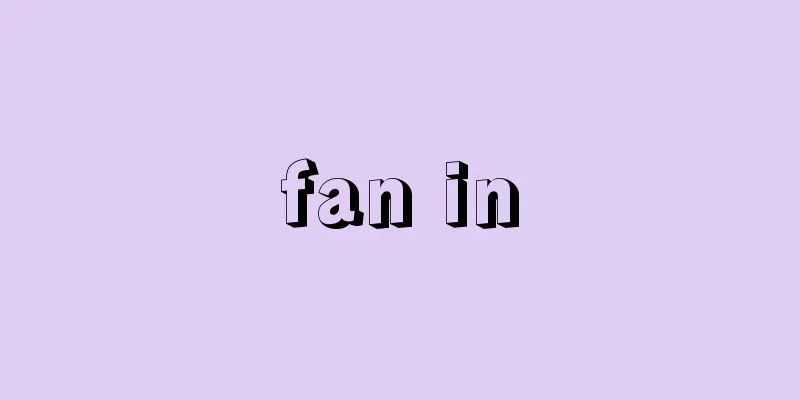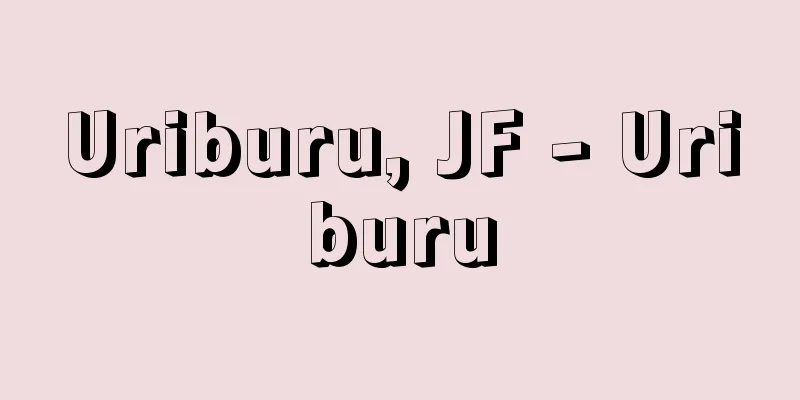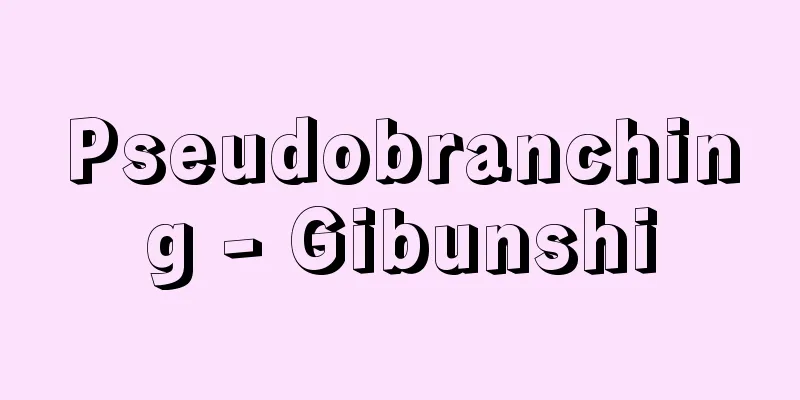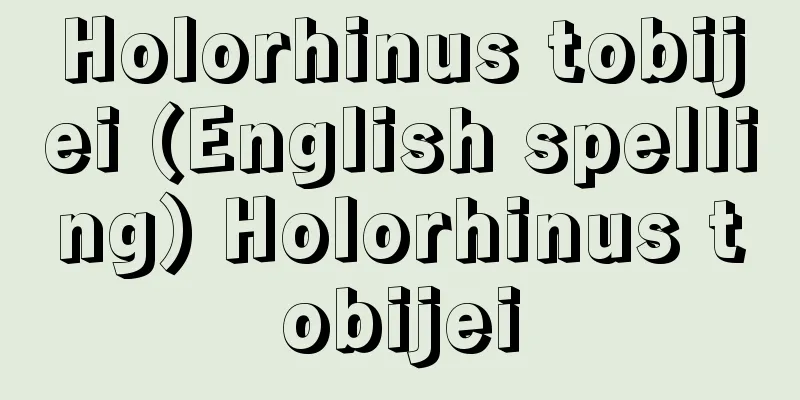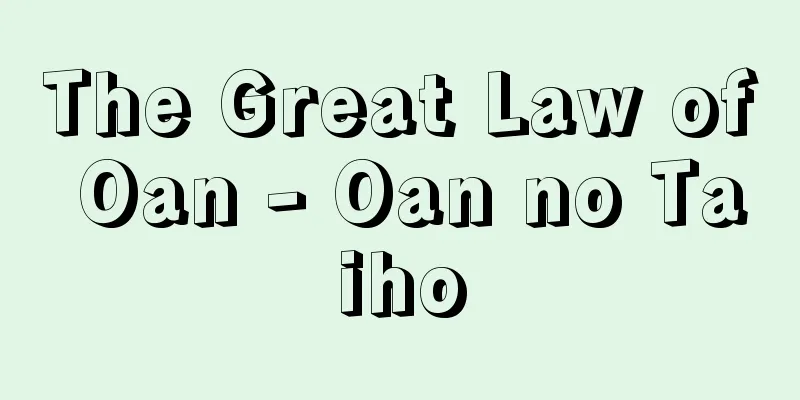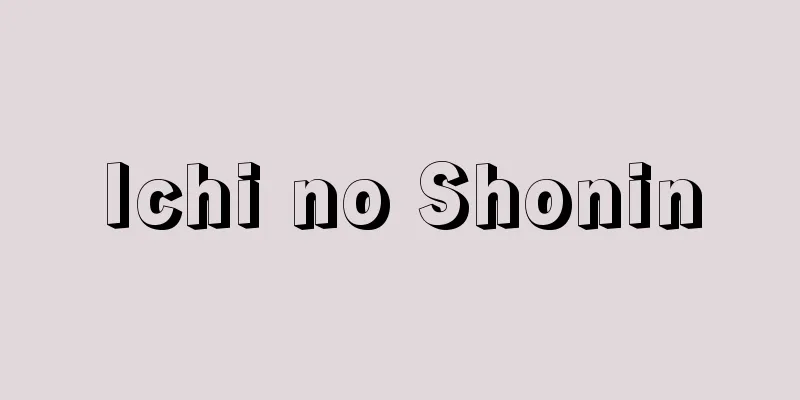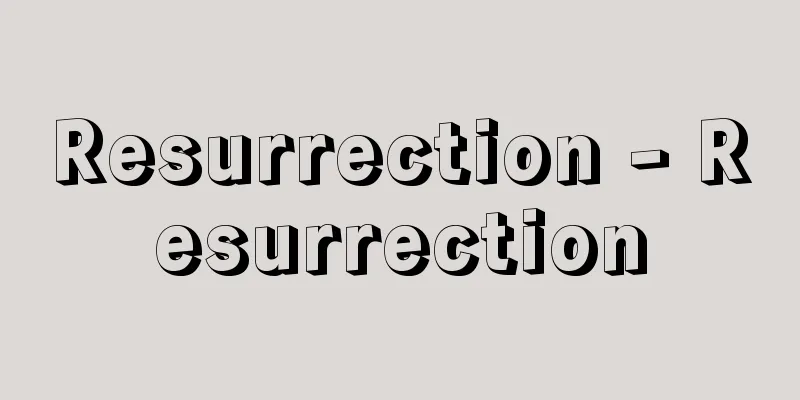Envelope - Horakusen (English spelling) envelope
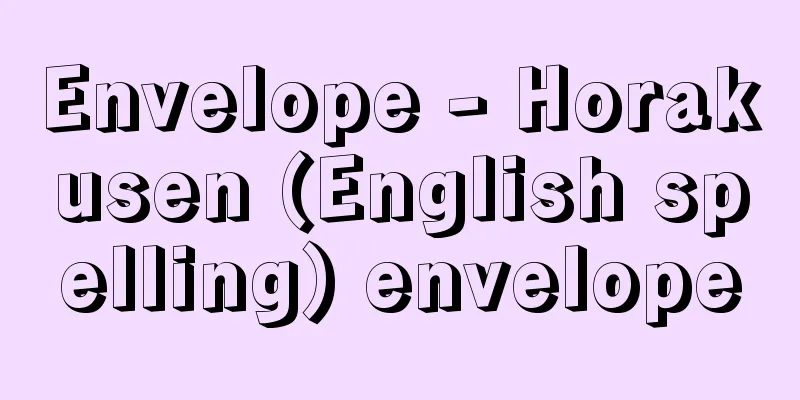
|
When there is a family of curves {C t } on a plane with one parameter t, the curve obtained by connecting the limit points of intersection of two curves C t and C t+ Δ t with similar parameter values as Δ t → 0 is called the envelope of this family of curves ( and ). The equation F(x,y,t)=0 represents a curve Ct when the value of t is fixed. Therefore, by changing the value of t, a family of curves { Ct } is obtained. Now, if there is a curve L:x=x(t),y=y(t) with t expressed as a parameter, and for each value of t, the point (x(t),y(t)) is the limit position of the intersection of Ct and Ct + Δt as Δt →0, then L is the envelope of the family of curves { Ct }. In many cases, this can be expressed as saying that for each value of t, Ct and L have a common tangent at the intersection. The equation for the envelope is The envelope of the normals at each point of a curve C is called the evolute of the curve. The evolute is also the locus of the centers of curvature at each point of C. When C' is the evolute of C, C is called the involute of C' ( ). shows the meaning of an involute. As shown in the figure, if you wrap a string tightly around the curve C' and pull one end of it taut while moving it away from the curve, the figure C drawn by the end point will be an involute. [Osamu Takenouchi] ©Shogakukan "> Envelope of a family of curves (1) [Figure A] ©Shogakukan "> Envelope of a family of curves (2) [Figure B] ©Shogakukan "> Evolute and involute (Fig. C) ©Shogakukan "> Meaning of involute (Fig. D) Source: Shogakukan Encyclopedia Nipponica About Encyclopedia Nipponica Information | Legend |
|
平面上に一つのパラメーターtをもつ曲線群{Ct}があるとき、パラメーターの値の近い二つの曲線Ct,Ct+Δtの交点のΔt→0の極限の位置を結んで得られる曲線を、この曲線群の包絡線という(・)。 方程式F(x,y,t)=0は、tの値を一つ固定すれば、一つの曲線Ctを表す。したがって、tの値を変えると、曲線群{Ct}が得られる。いま、tをパラメーターとして表した一つの曲線L:x=x(t),y=y(t)があって、tのおのおのの値に対して、点(x(t),y(t))が、Ct,Ct+Δtの交点のΔt→0とした極限の位置になっていれば、Lが曲線群{Ct}の包絡線である。多くの場合、これは、tのおのおのの値に対して、CtとLは、その交点において共通の接線をもつ、と表現してもよい。包絡線の式は、 曲線Cの各点における法線の包絡線を、この曲線の縮閉線という。縮閉線はCの各点における曲率中心の軌跡でもある。C′がCの縮閉線であるとき、CをC′の伸開線という()。 は伸開線の意味を示す。図にみられるように、糸を曲線C′に沿ってきっちりと巻き付けておき、一端をもってぴんと張りながら曲線から離していけば、その端点の描く図形Cが伸開線となる。 [竹之内脩] ©Shogakukan"> 曲線群の包絡線(1)〔図A〕 ©Shogakukan"> 曲線群の包絡線(2)〔図B〕 ©Shogakukan"> 縮閉線と伸開線〔図C〕 ©Shogakukan"> 伸開線の意味〔図D〕 出典 小学館 日本大百科全書(ニッポニカ)日本大百科全書(ニッポニカ)について 情報 | 凡例 |
Recommend
Cabinda - Cabinda (English spelling)
An exclave of Angola located at the mouth of the ...
Basic behavior - Kisokoui
…A typical example is a habitual action such as b...
Fujinoki Tomb - Fujinoki Tomb
<br /> A circular tomb from the late 6th cen...
Tang Dynasty
A Chinese dynasty (618-907). The imperial family ...
Astyanax
A character in Greek mythology. He was the only so...
tinea manuum (English spelling) tineamanuum
…All of the above types of disease are often acco...
Ren Yi (English spelling)
1840‐96 A Chinese painter from the late Qing Dynas...
bookbinding
…There was a time when it seemed as if it would d...
Aylesbury
...Famous meat breeds include the Pekin (original...
Kamigayatsuri - Kamigayatsuri
→Papyrus Source : Heibonsha Encyclopedia About MyP...
Ebushi - Buddhist Painter
A painter who specializes in Buddhist paintings. A...
Large crest - Daimon
A type of clothing for samurai. Abbreviation of O...
Kalialaiset
...From here, they spread eastward and northward,...
Taboo - Meaning
A taboo in Japan. Taboos have an important meaning...
Public domain
〘noun〙① The common world as opposed to the private...
